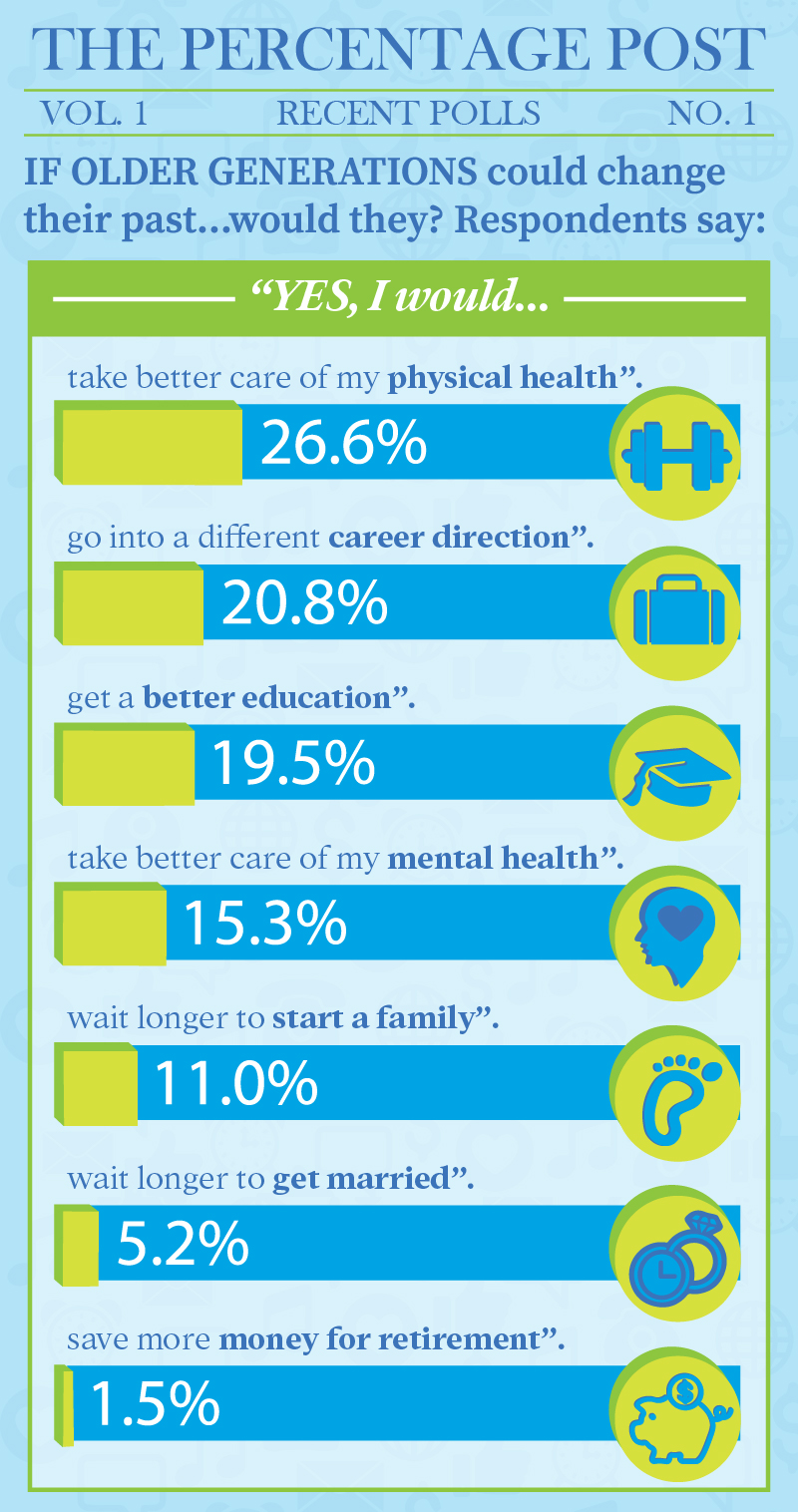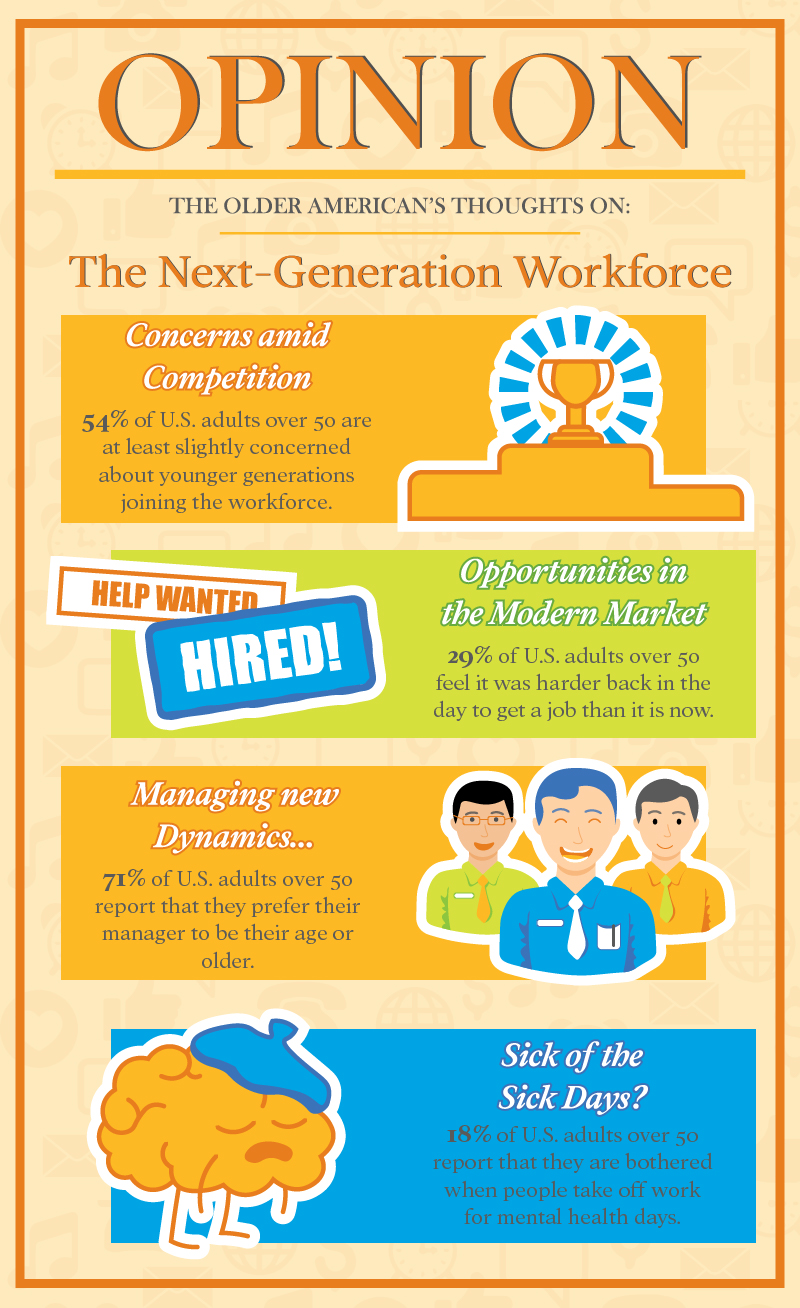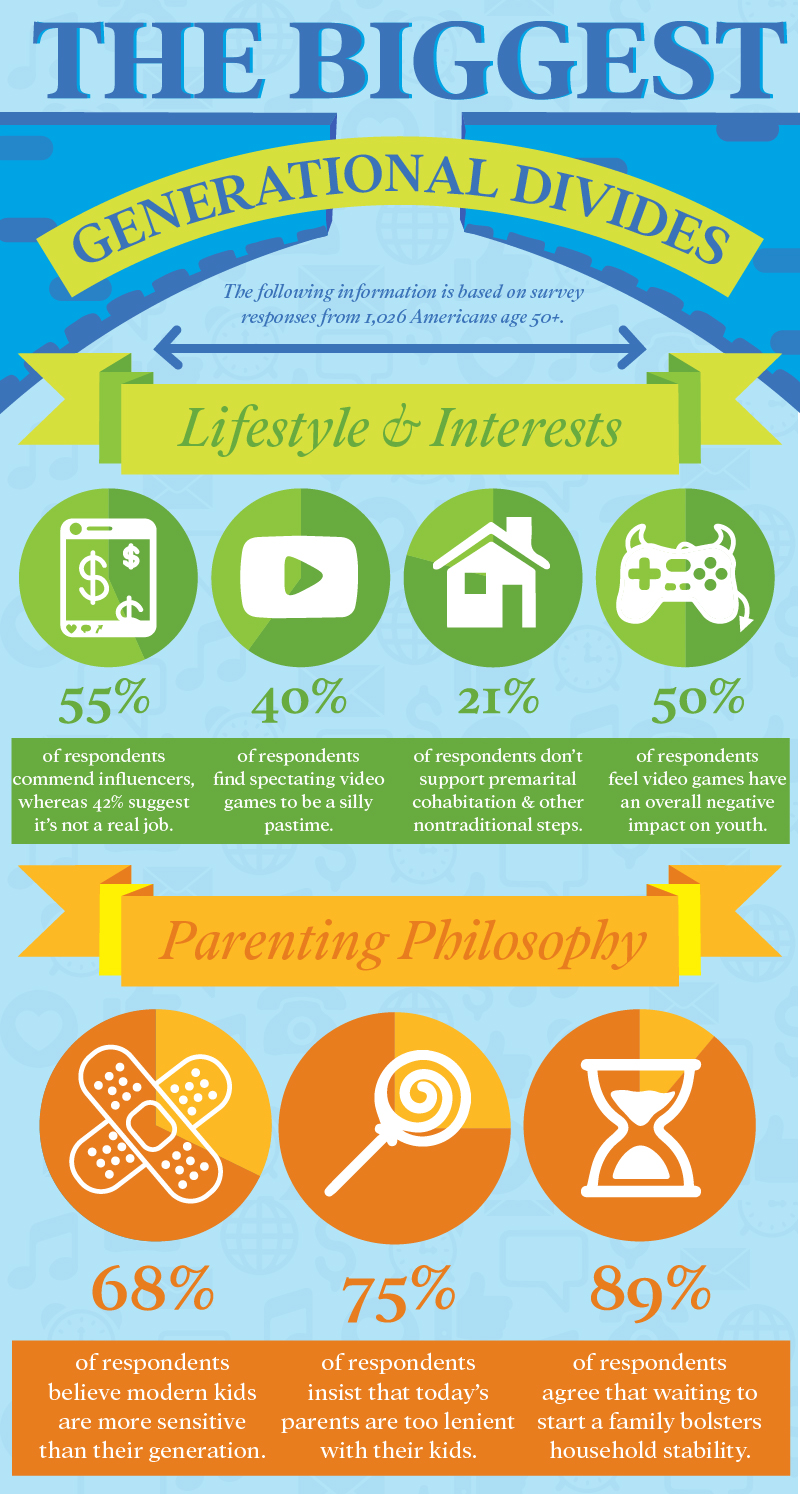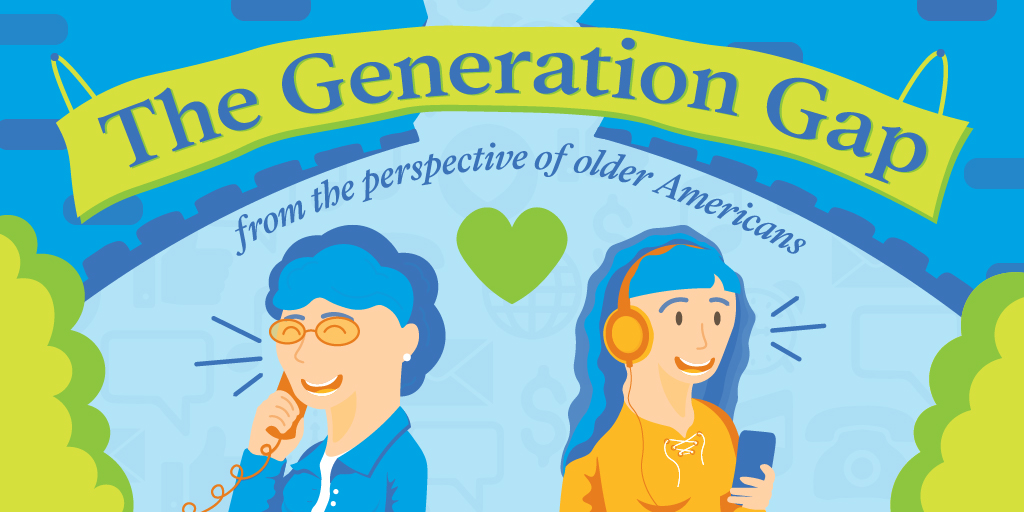There’s always been an apparent rift between the old vs. the young regarding the ideas of life and success. The rise of technology has only fueled the flame of generational differences. To put it simply, the generation gap is the split that separates the beliefs and behaviors of the old vs. the young—folks from all stages and walks of life emphasize different perspectives, experiences, and skills. With a shift of goals, values, and roles that differ tremendously from previous generations, we gave the older generation the microphone to share their opinions.
Methodology
In May 2022, we surveyed 1,026 Americans over the age of 50 to find out their opinions on the younger generations. We asked them questions to gain insights into their feelings on new trends, the generational divide, and more. From being labeled as “boomers” to valuing respect and tradition, the older generations endure constant finger wags from younger generations. Still, today’s “ok boomer” is sure to complain about the youth one day too. But how does the older generation feel now?
If Americans Could Have a Do Over

Time travel. We’ve all fantasized about the idea. Imagine you could hop into a time machine and, with a simple button press, travel back to any point in your life to have a do-over moment. Whether it be heartache, loss, regrets, or doubts, think of the pain and challenges that defined that period for you. Where would you go? What would you do? Most importantly, what would you change?
Although no one has figured out how to do it, and it’s theoretically impossible, 26.6% said they would return to the past to take better care of their physical health if they could. An active lifestyle helps maintain healthy bones, muscles, and joints and reduces the risks of diseases. In comparison, another 15.3% would prioritize their mental health.
Just as physical fitness helps our bodies stay strong, mental wellness helps us achieve and sustain a state of good mental health. According to research, the older generation is often less likely to seek treatment for their mental health than younger generations. Millennials and Gen Zers are more comfortable talking about mental health because they grew up in an era where it has become a mainstream topic.
20.8% of the respondents would focus their sights on a new career. Additionally, 19.5% believe knowledge is power and would wave their magic wand to bring about a different educational path.
The Future of the Workforce

If you were to look around your job, you’d most likely see people of all ages. According to the Society for Human Resource Management, five generations are in the workplace today, from the Silent Generation to Gen Z. With vast age diversity among workers comes countless preferences and values for the future of the workplace. 54% of the older generation emphasize their concern about the younger generations joining the workforce.
Younger generations may also be more comfortable with technology, making tasks like applying for a job easier and faster. Back in your parents’ day, there were far fewer means of searching for a job. Instead of relying on listing in the newspapers and snail mail to send their CVs, today, the job market is at your fingertips—29% agree. Social media, job sites, and alumni associations have opened up many opportunities to find work.
And if you were to ask the older generation, experience is the king of the working world. 71% of our respondents say they prefer to report to a boss their age or older. At the same time, another 18% get annoyed with the idea of a mental health day. Older generations may have grown up with vast advancements in the medical field, like the creation of insulin in 1922 and the development of the pacemaker in 1952; however, they usually define “healthy” as not being sick.
Raising Kids, New Trends & More

Upbringing drives a wedge through the generation gap. There has been a massive change in how kids grow up, resulting in different behaviors. Dubbed as “snowflakes,” 68% believe the current generations are raised to have more sensitive tendencies than older generations. 75% say today’s parents aren’t strict enough.
But let’s be honest, technology is one of the major causes of the generational divide. Laptops, smartphones, the internet, and social media have brought us together and distanced us further apart. According to our survey, 55% of respondents think the younger generation is quite crafty for making a career out of influencing. However, 42% think the kids these days need real jobs.
Older and younger people have differing views when it comes to video games. Many older people, including half of our respondents, worry that playing video games might negatively affect children. Comparatively, 40% believe it is a silly trend.
It’s no secret that older folks reach certain family-planning milestones much sooner than the current generations. 21% don’t support nontraditional relationships, like moving in before marriage. However, 11% of the respondents wouldn’t have married so soon. Despite the dissimilarity of lifestyles, 89% think younger Americans waiting to start a family is a responsible thing to do, with 5.2% focusing their do-over on delaying it.
Closing Thoughts
It’s safe to say talk about generations is everywhere, particularly the distinctions between them. Bridging the generation gap is more than focusing on what makes us different. It is about being open to educating yourself and understanding why these differences exist. It’s more important than ever to properly understand each generation to communicate, engage, and co-exist effectively.
At Coventry, we recognize that exploring the presence of generations is essential, especially regarding retirement. And remember, if you’re nearing retirement or even just thinking about it, Coventry Direct can help you learn how to sell your life insurance policy. Turn your life insurance policy into money, no matter your age!


